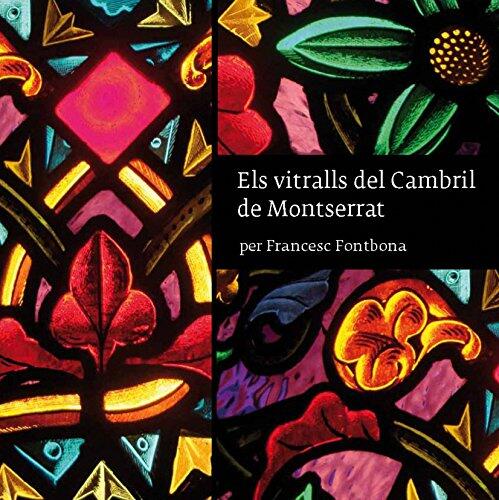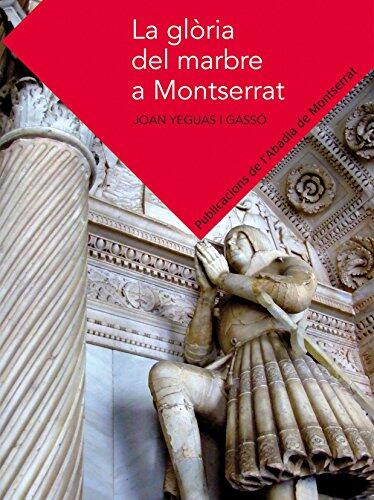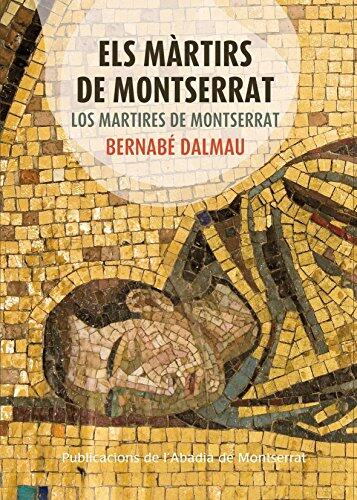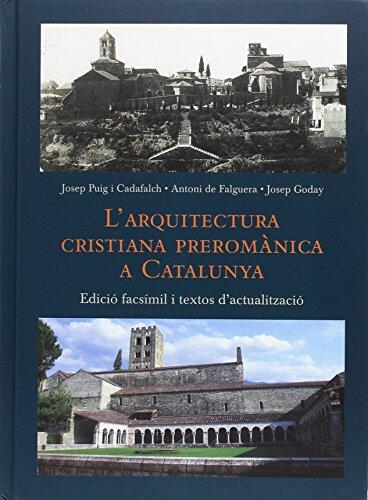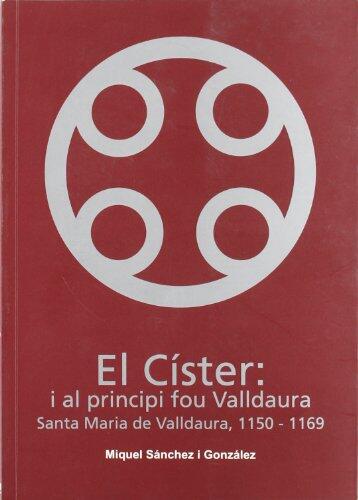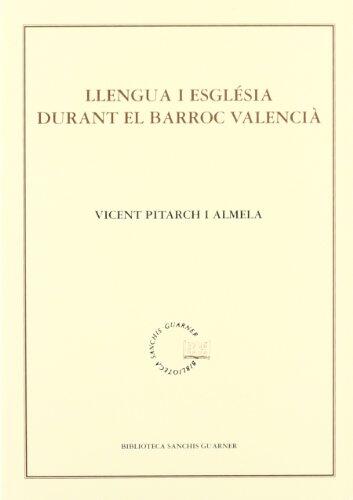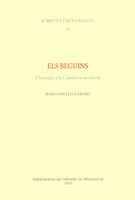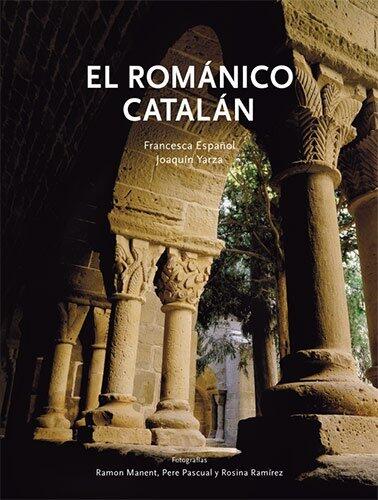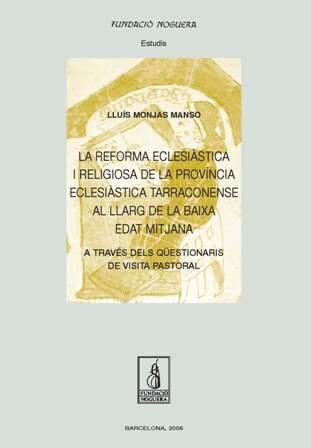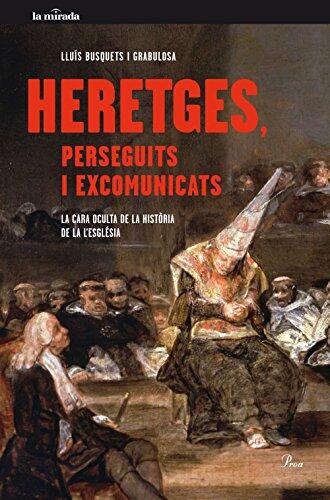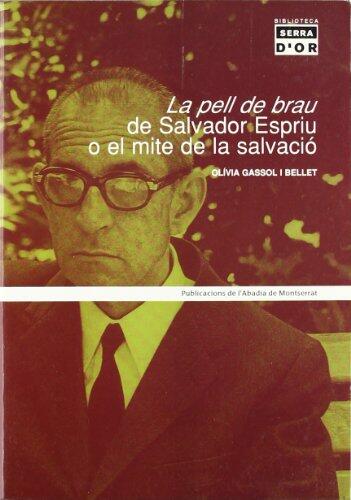
La pell de brau de Salvador Espriu o el mite de la salvació
によって
Olívia Gassol i Bellet
まだ評価がありません
Religion & Spirituality
形式
ペーパーバック
ページ数
216
言語
カタロニア語
公開されました
Mar 1, 2003
出版社
Publicacions de l'Abadia de Montserrat, S.A.
版
1
ISBN-10
8484154629
ISBN-13
9788484154624
説明
Olívia Gassol i Bellet dives into the complex layers of Salvador Espriu's literary universe, unraveling the intricate relationship between myth and salvation. Through meticulous analysis, she explores how Espriu's works reflect the cultural and historical context of Catalonia, weaving together themes of identity, memory, and redemption. The narrative is enriched by a deep understanding of Espriu as a poet and playwright, bringing forth the philosophical undercurrents that permeate his writings.
The book also highlights the significance of myth in shaping a collective identity, particularly in the face of adversity. Gassol i Bellet articulates how Espriu transforms traditional narratives into vehicles for personal and societal reflection, allowing readers to engage with broader questions of existence and hope. Each chapter delves into specific texts, providing a thorough examination supported by extensive bibliographical references that enhance the reader's discovery.
As Gassol i Bellet guides her audience through Espriu's oeuvre, she invites them to consider the relevance of his work in contemporary society. The exploration transcends mere literary critique, as it intertwines the personal with the political, inviting readers to reflect on their own experiences of triumph and despair. Ultimately, this examination serves as a testament to the enduring power of literature to evoke change and inspire redemption.
Through thoughtful analysis and passionate prose, Gassol i Bellet's work stands as an essential contribution to Catalan studies and the legacy of Salvador Espriu, encouraging a deeper appreciation for the interplay between myth, language, and salvation.
The book also highlights the significance of myth in shaping a collective identity, particularly in the face of adversity. Gassol i Bellet articulates how Espriu transforms traditional narratives into vehicles for personal and societal reflection, allowing readers to engage with broader questions of existence and hope. Each chapter delves into specific texts, providing a thorough examination supported by extensive bibliographical references that enhance the reader's discovery.
As Gassol i Bellet guides her audience through Espriu's oeuvre, she invites them to consider the relevance of his work in contemporary society. The exploration transcends mere literary critique, as it intertwines the personal with the political, inviting readers to reflect on their own experiences of triumph and despair. Ultimately, this examination serves as a testament to the enduring power of literature to evoke change and inspire redemption.
Through thoughtful analysis and passionate prose, Gassol i Bellet's work stands as an essential contribution to Catalan studies and the legacy of Salvador Espriu, encouraging a deeper appreciation for the interplay between myth, language, and salvation.
